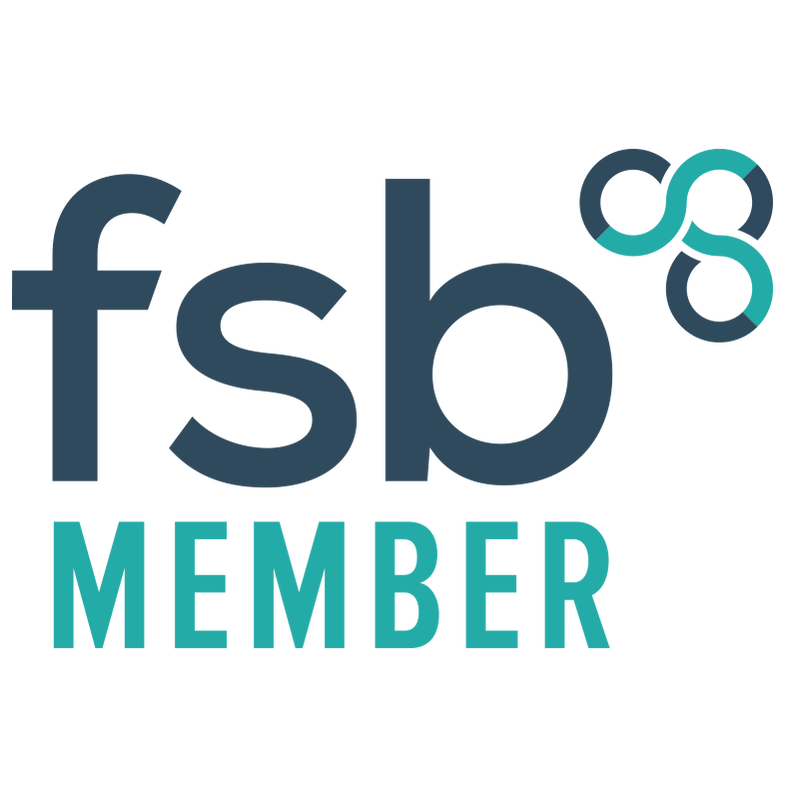Interference and Station 'S'
'Interference' (6 x 30 mins) Pirate TV, Station 'S' each from a different London location. Each episode recorded on a weekly turnaround, aiming to be topical that week, always on-the-run somewhere in Greater London, including on the Thames. Two episodes present an idea of the chaotic madness and fun.
Jim Barclay
“What I try to do” says Jim Barclay, … is to subvert the technique of the Jim Davidson school of comics. You dent the prejudices of the audience rather than confirm them. But of course, in the end, you’re the same as the old stand-ups - just a man with a mic and an audience."
Barclay bills himself as “a wacky, and zany Marxist-Leninist comedian.” Yet, typically of the new breed of performers, he’s not dogmatic: “I’m a debunker of Dave Sparks, too - when it comes to it, there can be nothing more pompous than the about movement.
“There’s now a clear division,” Barclay says, “between those who are using the form as a means of social criticism and those who are using it as the most expedient way of getting somewhere.”
Barclay bills himself as “a wacky, and zany Marxist-Leninist comedian.” Yet, typically of the new breed of performers, he’s not dogmatic: “I’m a debunker of Dave Sparks, too - when it comes to it, there can be nothing more pompous than the about movement.
“There’s now a clear division,” Barclay says, “between those who are using the form as a means of social criticism and those who are using it as the most expedient way of getting somewhere.”
Michael Williams, The Sunday Times, 7 October 1984
Ronnie Golden
From opening shows for Tom Jones, Scott Walker and Engelbert Humperdinck as a teenage guitarist, he worked with David Bowie in his Beckenham Arts Lab days then went on to form cult late 70s renegades Fabulous Poodles whose album Mirror Stars outsold both The Clash and The Jam in America in the early 80’s.
Within a few short weeks of that band’s demise he was doing stand-up at London’s Boulevard Theatre alongside Comic Strip regulars Rik Mayall, Ben Elton, a nascent French and Saunders and Alexei Sayle and performing a legendary Buddy Holly in the first series of BBC 2’s The Young Ones. He remains the only original member from The Comic Strip team to still be actively working on today’s comedy circuit.
A winning combination with comedy legend Barry Cryer has yielded several successful Edinburgh Festival shows and a live cd: Rock ‘N’ Droll on Laughing Stock Recs.
At 2004 Edinburgh Festival he played a drug-addled, alcoholic, self-destructive blues singer Prince Royale in ‘noir’ boogie woogie / blues musical The City Club which became a small budget Hollywood movie entitled Dark Streets. He continues to write and tour.
Within a few short weeks of that band’s demise he was doing stand-up at London’s Boulevard Theatre alongside Comic Strip regulars Rik Mayall, Ben Elton, a nascent French and Saunders and Alexei Sayle and performing a legendary Buddy Holly in the first series of BBC 2’s The Young Ones. He remains the only original member from The Comic Strip team to still be actively working on today’s comedy circuit.
A winning combination with comedy legend Barry Cryer has yielded several successful Edinburgh Festival shows and a live cd: Rock ‘N’ Droll on Laughing Stock Recs.
At 2004 Edinburgh Festival he played a drug-addled, alcoholic, self-destructive blues singer Prince Royale in ‘noir’ boogie woogie / blues musical The City Club which became a small budget Hollywood movie entitled Dark Streets. He continues to write and tour.
Arnold Brown
… But the gentler touch survives in the form of Arnold Brown, an embodiment of a dual cultural stereotype, being both Glaswegian and Jewish. Noticing at an early age gangs passing his window singing “I belong to MENSA,” he asked his mother who they were. “The Middle Class,” she replied, and Arnold subsequently moved to Hampstead, “Why not?” He asks of that and of everything else.
Bryan Appleyard, The Sunday Times, 18 September 1981
… Arnold Brown has beaten a gaggle of fresh-faced stand-ups to win the Perrier Pick of the Fringe Award. This is given for the most outstanding cabaret at the Edinburgh Festival.
A Glaswegian-Jewish accountant, he was 42 when he made his first appearance at the opening night of the original Comedy Store in 1979, and it was not until 1982 that he gave up his career of twenty years to do comedy full time.
“Jeremy Isaacs liked me, he’s Scottish and Jewish, too, of course”
“The problem is I don’t really represent anything,” he says, adjusting his anorak. “I’m not young enough to be hip or hip enough to be young.”
And life is full of pleasant surprises, “I’ve been invited to speak at an accountancy dinner. I might even go.”
A Glaswegian-Jewish accountant, he was 42 when he made his first appearance at the opening night of the original Comedy Store in 1979, and it was not until 1982 that he gave up his career of twenty years to do comedy full time.
“Jeremy Isaacs liked me, he’s Scottish and Jewish, too, of course”
“The problem is I don’t really represent anything,” he says, adjusting his anorak. “I’m not young enough to be hip or hip enough to be young.”
And life is full of pleasant surprises, “I’ve been invited to speak at an accountancy dinner. I might even go.”
The Independent, 18 September 1987

